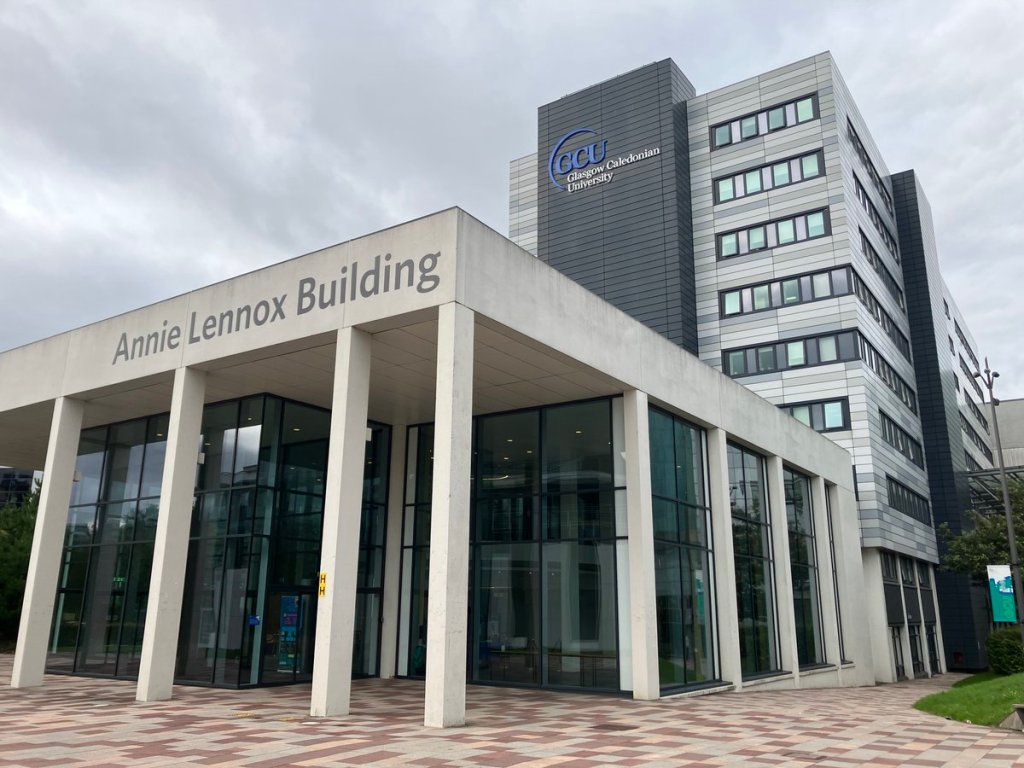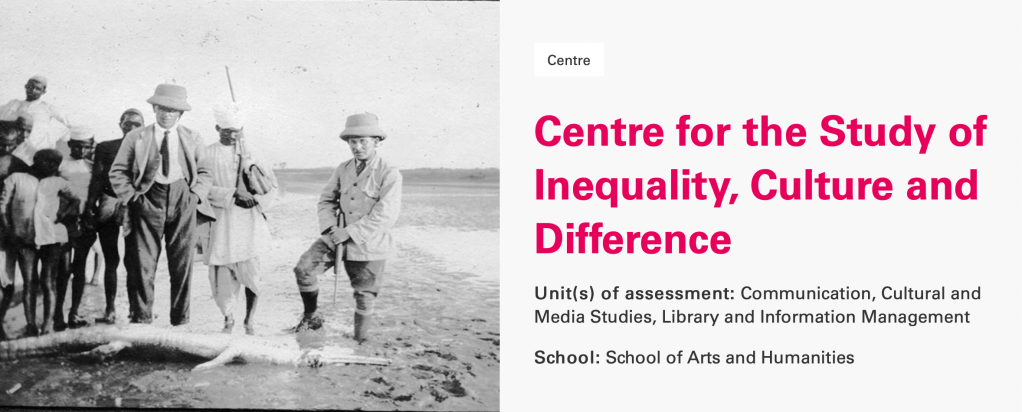
This week I will be participating in two panels at the MeCCSA 2023 conference at Glasgow Caledonian University.
Today (4 September) I will be chairing a MeCCSA Policy Network sponsored roundtable entitled Scotland’s distinctive public sphere. Based on the Scotland’s Media Futures report published by members of the Glasgow University Media Group and the Centre for Cultural Policy Research (CCPR) last year, Catherine Happer, Dominic Hinde, and Philip Schlesinger will discuss the future trajectory of Scotland’s media industries. The roundtable takes place at 5pm in Room W010B (Annie Lennox Building). An abstract for the roundtable can be read below:
Scotland’s distinctive public sphere: a media policy roundtable
This roundtable will explore Scotland’s distinctive media and public sphere, with a particular focus on questions of sustainability in respect of funding, trust and the changing regulatory landscape. It contextualises these questions in a turbulent political environment, in which the constitutional question continues to dominate, and the radical changes brought by digital technologies.
Devolution in 1999 significantly shifted Scotland’s political landscape, and 2014’s referendum illuminated the way in which Scotland’s public sphere has developed in parallel as an often uncomfortable hybrid of UK-rooted institutions and emerging Scottish players. Analysis of media structures in the devolved state have however often been subsumed under UK-wide research which can fail to fully illuminate Scotland’s distinct challenges and nature.
This roundtable draws on a recent stakeholder report produced by academics at Glasgow University. Speakers will share insights on a set of key themes including sustainable funding and support for Scotland’s media and how it works in other small countries, digital regulation and competition, holding power to account in Scotland, and the impacts of global digital media on engagement with local issues. It will then invite contributions from the panel speakers and audiences about the future trajectory of Scotland’s media in the next decade.
Participants will include:
Dr Paul Reilly, Senior Lecturer, Politics Dr Catherine Happer, Director of Glasgow University Media Group (GUMG), Sociology Professor Philip Schlesinger, Professor in Cultural Theory, and Dr Dominic Hinde, Lecturer, Sociology.
Tomorrow (5 September), I will be presenting a paper based on a project that explored social media, sectarianism and football in Scotland. The panel, entitled Scottish Media and Culture, place at 9am in Room W010B (Annie Lennox Building). The abstract can be read below.
#ScotlandsShame: Twitter, affective publics and football-related sectarianism in Scotland
Social media have frequently been identified as a significant contributing factor to sectarianism in contemporary Scotland. What is typically absent from these debates is empirical evidence showing the prevalence of sectarianism on online platforms in relation to football, and specifically how the rivalry between Celtic and Rangers fans is contested online. This paper sets out to address this gap through a qualitative study of tweets (N=84,028) posted during the disorder that followed the Rangers ‘title celebrations’ in Glasgow city centre on 15 May 2021. Results indicate that there was much evidence of dehumanising and sectarian language being used to ‘other’ Rangers supporters. Hashtags like #ScotlandsShame were used by citizens to document their experiences of what they perceived as the ‘anti-Catholic bigotry’ on display in the city centre that evening. The Scottish establishment was criticised for not doing enough to eliminate this bigotry, whether it be in the form of banning contentious Orange Order marches or abolishing segregation within schools. In response, Rangers supporters accused the Scottish Government of having an agenda against their club, as demonstrated by its failure to condemn the anti-deportation protests at Kenmure Street a few days earlier. In this way, social media afforded these affective publics opportunities to contest the dominant media narratives on both the Celtic-Rangers rivalry and football-related sectarianism in Scotland. The paper concludes by considering whether the sectarianism visible on online platforms during such contentious events is reflective of broader societal trends.







